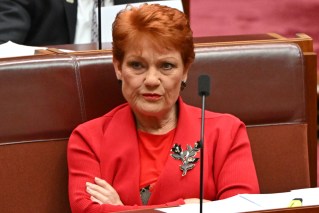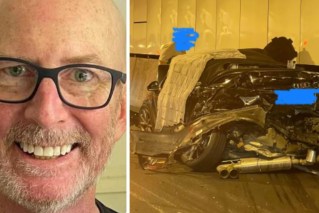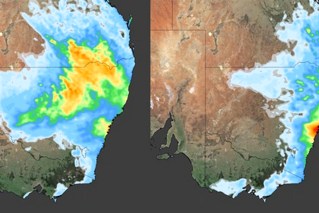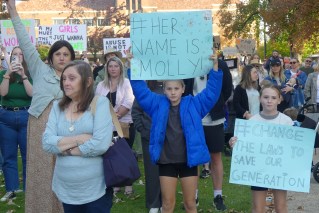Prime Minister Scott Morrison’s first priority: Blame everything on Labor
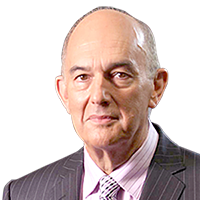
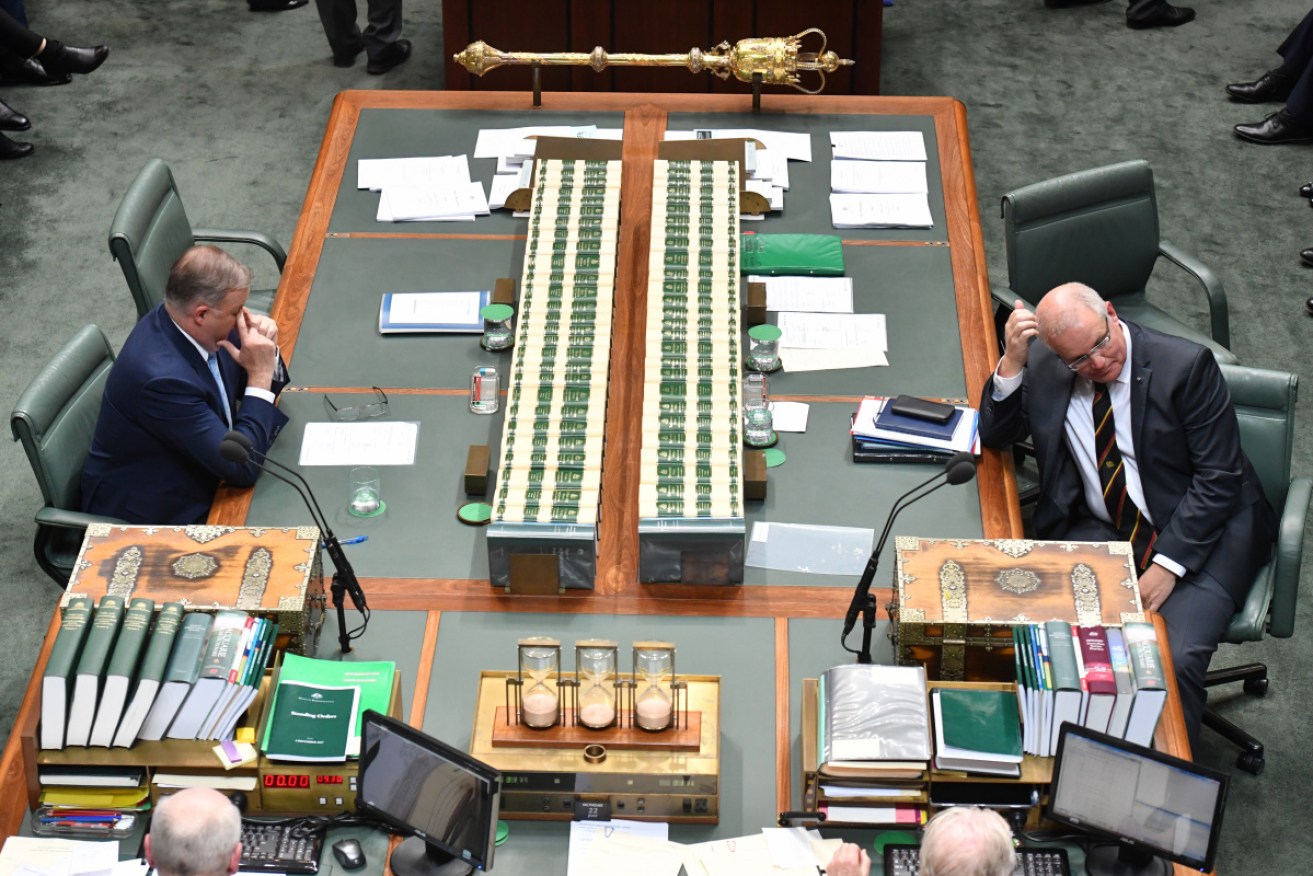
Anthony Albanese and Scott Morrison in Parliament on Monday. Photo: AAP
If Australians are tired of conflict politics, someone forgot to tell Scott Morrison.
The second week of Parliament actually sitting since the election saw the Prime Minister continue from where he left off in the campaign.
Everything that happens in politics is a “test for Labor”, even if it means the government abandoning prudent review and amendment of its legislation.
Mr Morrison is spoiling for a fight even if he has to manufacture it by ignoring the unanimous views of the bipartisan but Liberal-dominated Parliamentary Joint Committee for Intelligence and Security.
The question is how long will he be able to get away with blaming Labor for his failure to have an agenda that is any more than political wedges and stunts?
The answer is for as long as Labor lets him do it and for as long as his authority holds over his two-seat majority government.
In Question Time, the PM rubbed Anthony Albanese’s nose in the Labor leader’s lofty ambition to eschew oppositional politics and be as co-operative as possible in the national interest.

Prime Minister Scott Morrison during Question Time on Monday. Photo: AAP
Mr Morrison sneered across the Despatch Box: “How on earth can the Leader of the Opposition, and I will call him the leader of the opposition, because I’ve yet to find something he doesn’t oppose, Mr Speaker, he opposed us for tax relief for Australians, he opposed us for security measures and now he opposes us for drought relief for farmers.”
Well, actually, each one of those charges doesn’t stand up beyond the headline.
But it’s enough to spook the Labor Party after Bill Shorten’s failed attempt at “a genuine conversation with voters”.
Late last week, Mr Albanese told a media scrum that he had no intention of spelling out Labor’s policies for the next election now. He was angling to “kick with the wind in the final quarter”.
The problem with that is the campaign for the next election begins the day after the last one.
Mr Morrison needs no prompting, even if it involves tying a drought relief fund, which doesn’t start funding drought relief for a year, to the abolition of an already established fund for infrastructure.
The Building Australia Fund – the brainchild of the former Labor government – is too restrictive in its accountability and transparency guidelines for the Liberals’ liking.
There can be no other credible explanation for the government now wanting to divert its $3.9 billion away from the independent Infrastructure Australia to a “drought-resilient fund” more susceptible to political manipulation.
But Mr Morrison isn’t getting all his own way, thanks to the post-political careers of Christopher Pyne and Julie Bishop.
The senate – all, except coalition members – has rejected the clearance given to both former cabinet ministers by the head of the prime minister’s department Martin Parkinson.
An upper house inquiry will now probe whether Mr Pyne and Ms Bishop have breached guidelines preventing former ministers from taking jobs for 18 months after leaving office in areas where they had direct dealings as ministers.
In the House of Representatives, Labor’s Tony Burke attempted to bring on a debate about Ms Bishop’s situation in light of a video promotion she did three years ago for a project associated with her new employer.
The government gagged Mr Burke, offering no defence for either of their former colleagues other than tabling the Parkinson report.
Mr Parkinson’s conclusion was hardly encouraging.
The secretary reminded the Prime Minister “there are no specific actions that can be taken by you in relation to former ministers once they have left the Parliament”.
Adding to the embarrassment is the point made by veteran Liberal MP Russell Broadbent on ABC radio that both former politicians hardly need the income boost.
They are both recipients of the very generous old superannuation arrangements.
Neither Mr Morrison’s hard-ball tactics nor the perception of money grabbing by former politicians will do anything to restore the standing of Parliament.
Paul Bongiorno AM is a veteran of the Canberra Press Gallery, with 40 years’ experience covering Australian politics


